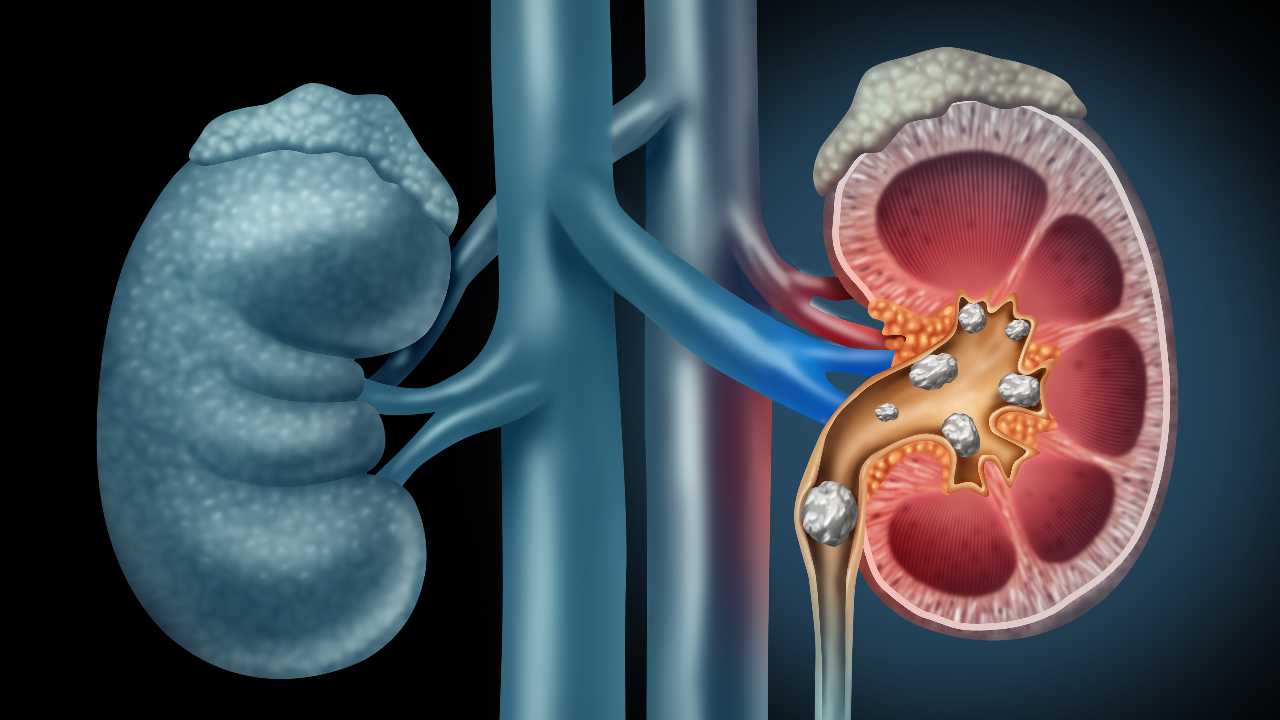We humans are created with a “backup” plan. Most of our essential organs are paired. We have two eyes, ears, lungs, ovaries, testes and kidneys. If one fails, the other compensates. This is why it is possible to donate a kidney. The other kidney is capable of taking over the function of the absent one. The donated kidney is enough for the recipient to survive and lead a fairly normal life.
Kidney or renal failure can occur abruptly and is often reversible. Chronic failure is different — it requires regular treatment, dialysis and, if end-stage disease is reached, renal transplant.
The exact number of people in India suffering from kidney ailments is not known, but around 2,50,000 patients need transplants every year.
Acute renal failure usually sets in rapidly, within a few days. The kidneys stop excreting waste, causing fluid overload, build-up of toxic chemicals and electrolyte imbalances. With fluid retention, the body swells up. Breathlessness, fatigue and irregular heartbeat develop. There may be seizures or coma.
Acute renal failure can occur if the blood flow to the kidneys is insufficient, which can be due to dehydration or blood loss. A kidney may be damaged by the disease called post-streptococcal glomerulonephritis or even Covid-19. Other reasons are anaphylaxis, shock or reactions to some medications, especially painkillers.
An enlarged prostate, large stones or tumours in the colon, bladder or cervix can prevent the free outward flow of urine. This can cause back pressure to build up, damaging the kidneys.
Chronic kidney disease, on the other hand, sets in imperceptibly. It can occur due to uncontrolled diabetes or hypertension, structural abnormalities of the kidneys, or a family history of renal disease. As fluid builds up, toxin levels rise and electrolytes become imbalanced, resulting in nausea, loss of appetite, tiredness, decrease in urine, dry skin, muscle cramps and high BP.
As the disease progresses, complications such as weight gain due to retention of fluid and high BP develop. This can result in heart disease or stroke. Bones can become weak. The electrolytes in the blood become deranged. Potassium levels can go up too, causing cardiac arrhythmias and sudden death.
The diagnosis is based on a detailed history followed by blood and urine tests, an ultrasound and other scans and, eventually, biopsy. Some chronic ailments can be managed conservatively initially. Often, though, it has no cure. Treatment consists of measures to control the symptoms, reduce complications and slow the progression. Eventually, end-stage treatment may be required.
Diet may have to be modified to control hypertension and diabetes, reduce sodium and potassium load, decrease protein intake. Diuretics may be needed to reduce the fluid load. Anaemia may call for iron and vitamin supplements. Calcium and Vitamin D supplements help to protect the bones. Elevated cholesterol and lipids will require medication.
If the disease progresses, dialysis may be needed. After some time on dialysis, a kidney transplant may be indicated. This is usually successful. A fairly normal life is possible after a transplant.
To prevent kidney disease, it is best to promptly control diabetes, hypertension and urinary tract infections. Quit tobacco use completely. Be careful with medication dosages. Do not buy and consume them without a doctor’s prescription.
The writer is a paediatrician with a family practice at Vellore and the author of Staying Healthy in Modern India. If you have any questions on health issues, please write to yourhealthgm@yahoo.co.in











